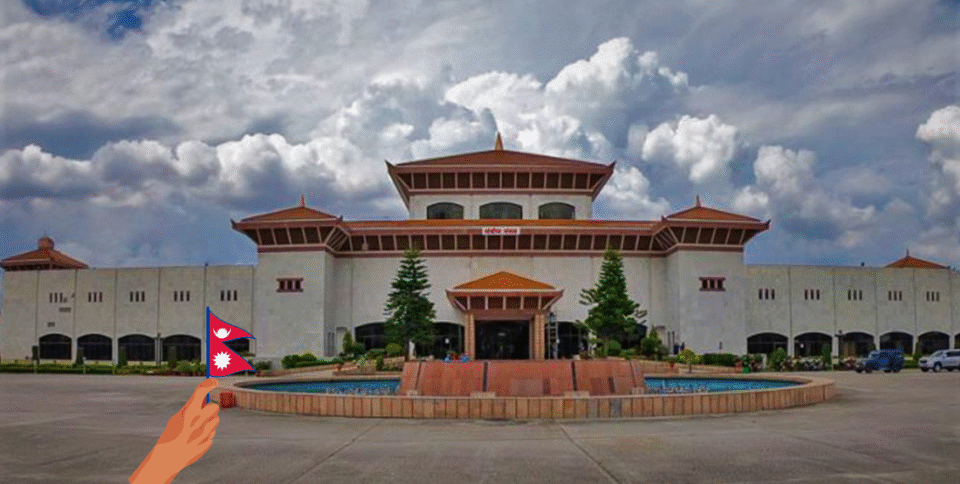Nepal has made poor progress in implementing the recommendations from the third cycle of the UN Human Rights Council’s Universal Periodic Review (UPR), according to a joint report submitted by over 500 civil society organisations. The next UPR for Nepal is scheduled for January 2026, but current indicators raise concerns over the country’s commitment to its global pledges.
In 2022, Nepal supported 196 out of 233 UPR recommendations, agreeing to take action on critical issues such as child rights, gender-based violence, national human rights institutions, and equity. However, the report finds that most of these promises remain either unfulfilled or only partially addressed. Successive governments, led by Nepal’s major political parties, have done little to move the agenda forward.
Child rights have seen zero full implementation despite unanimous government support for all 10 related recommendations. Similarly, more than one-third of the recommendations on sexual and gender-based violence remain untouched. Key promises like funding safe shelters and crisis centres—have not materialised.
Progress is equally dismal on strengthening national human rights institutions, where only one of four commitments has been fulfilled. On equity and non-discrimination, none of the 14 accepted recommendations have been fully implemented.
The consortium urges the government to align national practices with international obligations, ensure adequate budgeting, and prioritize legislation to enforce human rights protections. The report also calls for Nepal to ratify pending international treaties, including the Convention against Enforced Disappearance and the Rome Statute of the International Criminal Court.
With international funding often tied to human rights performance, experts warn that continued negligence may risk diplomatic credibility and financial support.

